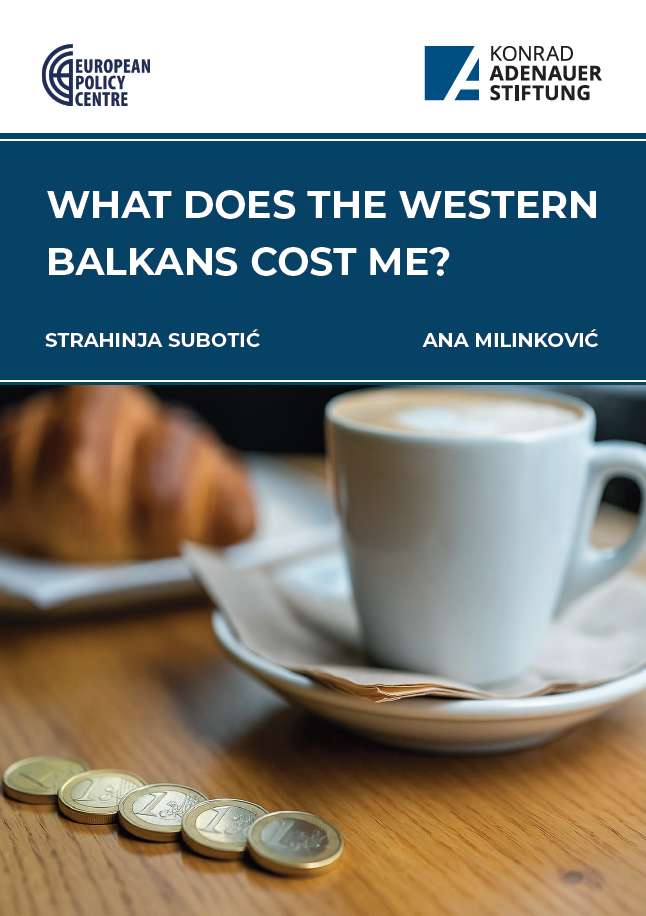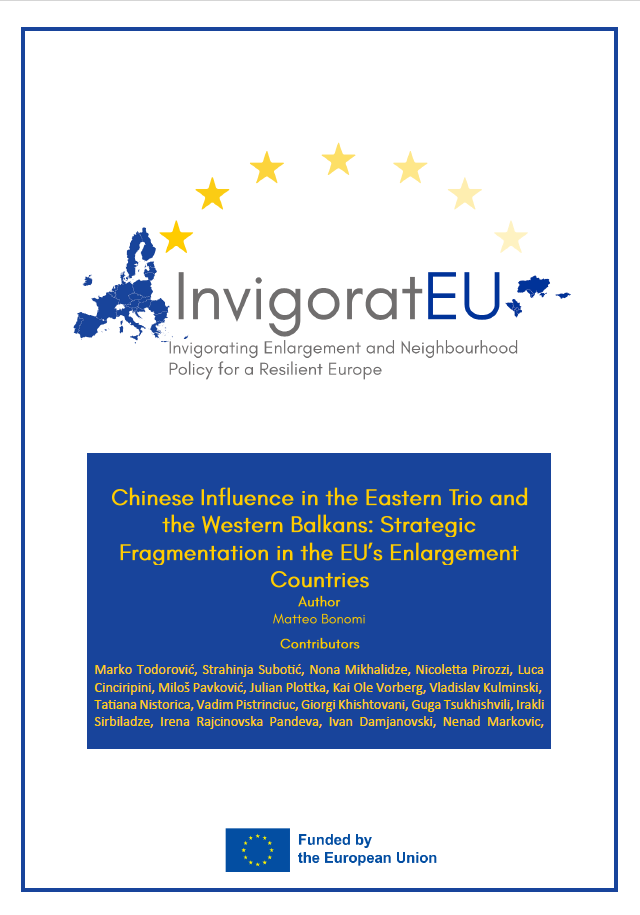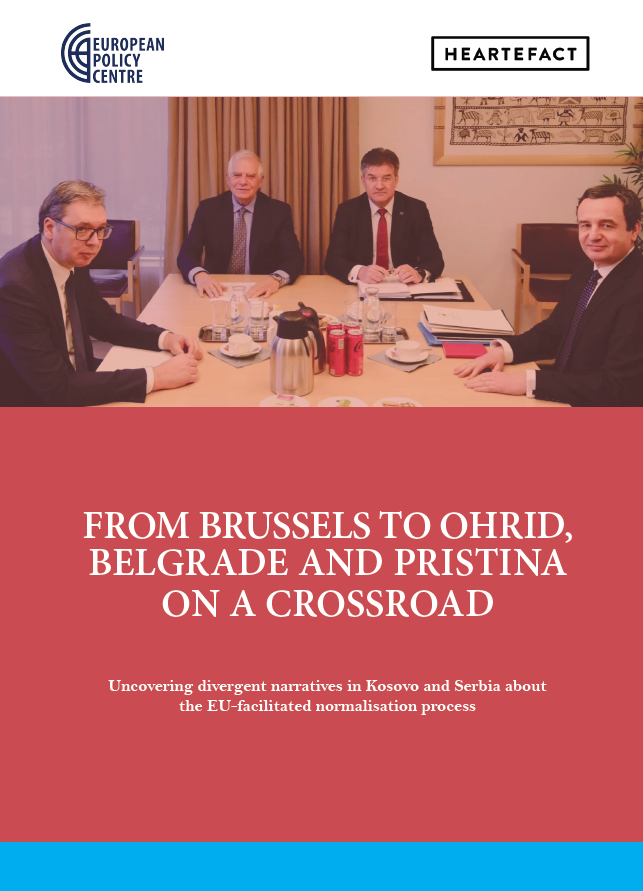Headquarters: Svetog Nauma 7, 11000
Office address: Đorđa Vajferta 13, 11000
Phone:: +381 11 4529 323
This Study was created within the project “Partnership for Public Administration Reform and Public Services in Serbia – PARtnerships”. The project has focused on the services most frequently used by citizens within three different areas: the issuance of personal documents by the police administrative service, services provided by the primary health care units (community health centres), and the services of enrolling children in pre-school institutions and primary schools within the education area.
Management of the public policy system is one of the key reform areas within the Public Administration Reform (PAR)1 framework in Serbia, along with the public service delivery system. On the other hand, the participatory and evidence-based process of public policy making not only increases transparency and accountability, but also positively influences the public policy outcomes, that is, improves the quality of public services.
By exploring the process of public policy-making in three selected ministries (Ministry of Education, Science and Technological Development, Ministry of Interior and Ministry of Health), this Study offers an overview of the quality assessment of this process from the perspective of the most important good governance requirements, and in accordance with the Principles of Public Administration (SIGMA/OECD). The process of public policy-making is being reviewed from the aspects of its analyticity, transparency and public participation, and it provides an overview of methodologically-based evidence on the quality of creating public policies that regulate the service delivery in three selected areas.
The research results set the basis for further examination of the relation between the public policy-making process and citizen satisfaction with services provided, the issue generally under-researched in Serbia. Finally, the Study gives concrete short and medium-term recommendations for improving the public policy-making process in given ministries, formulated on the basis of the research results and findings.


